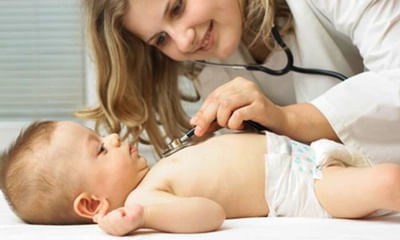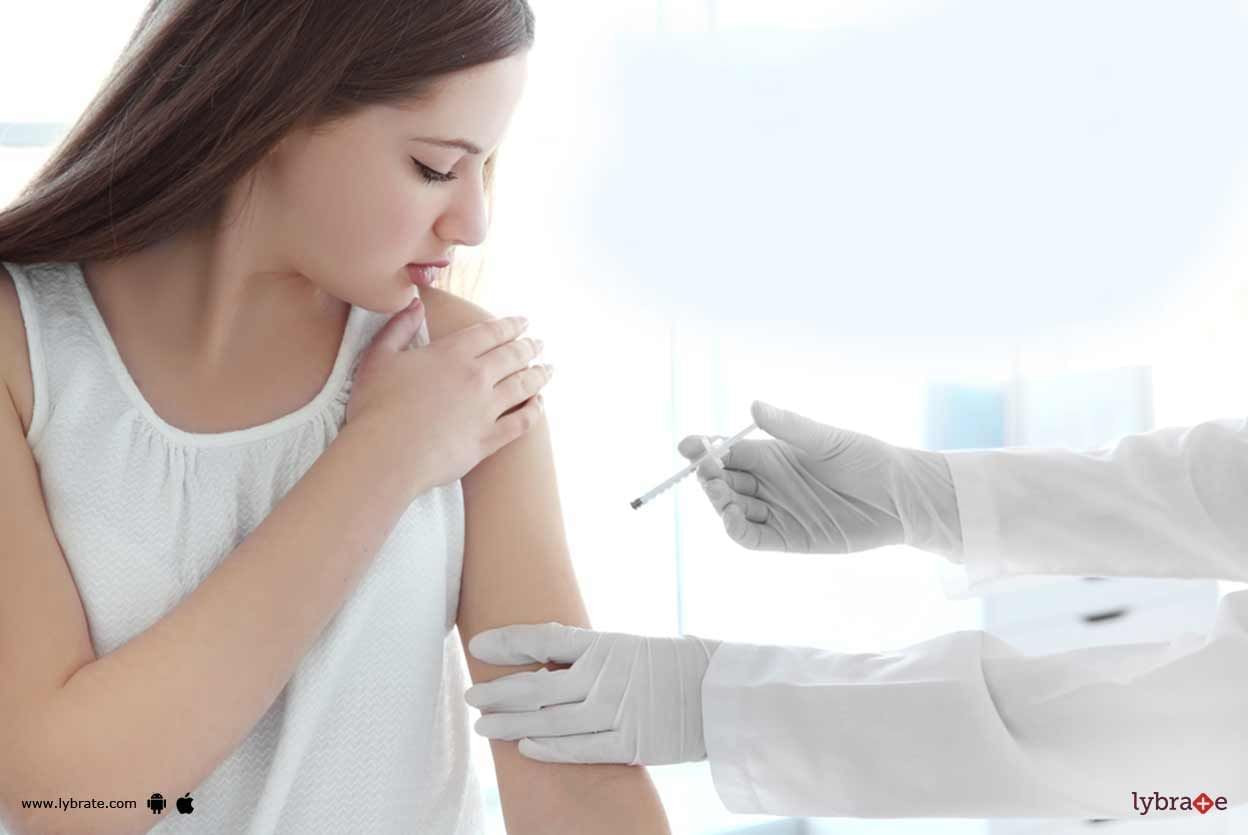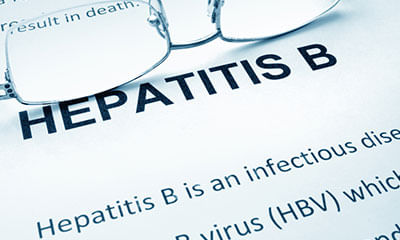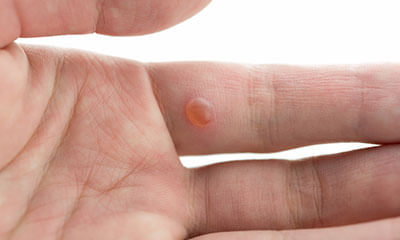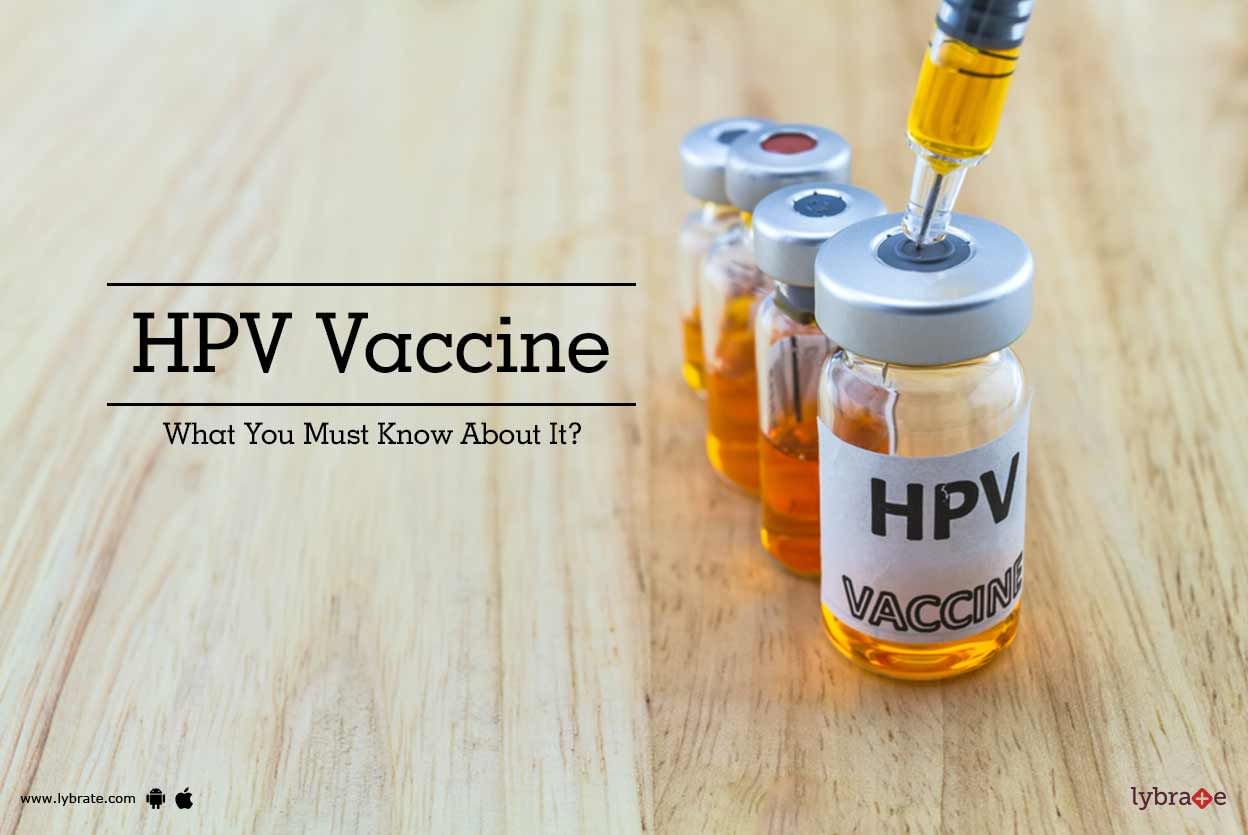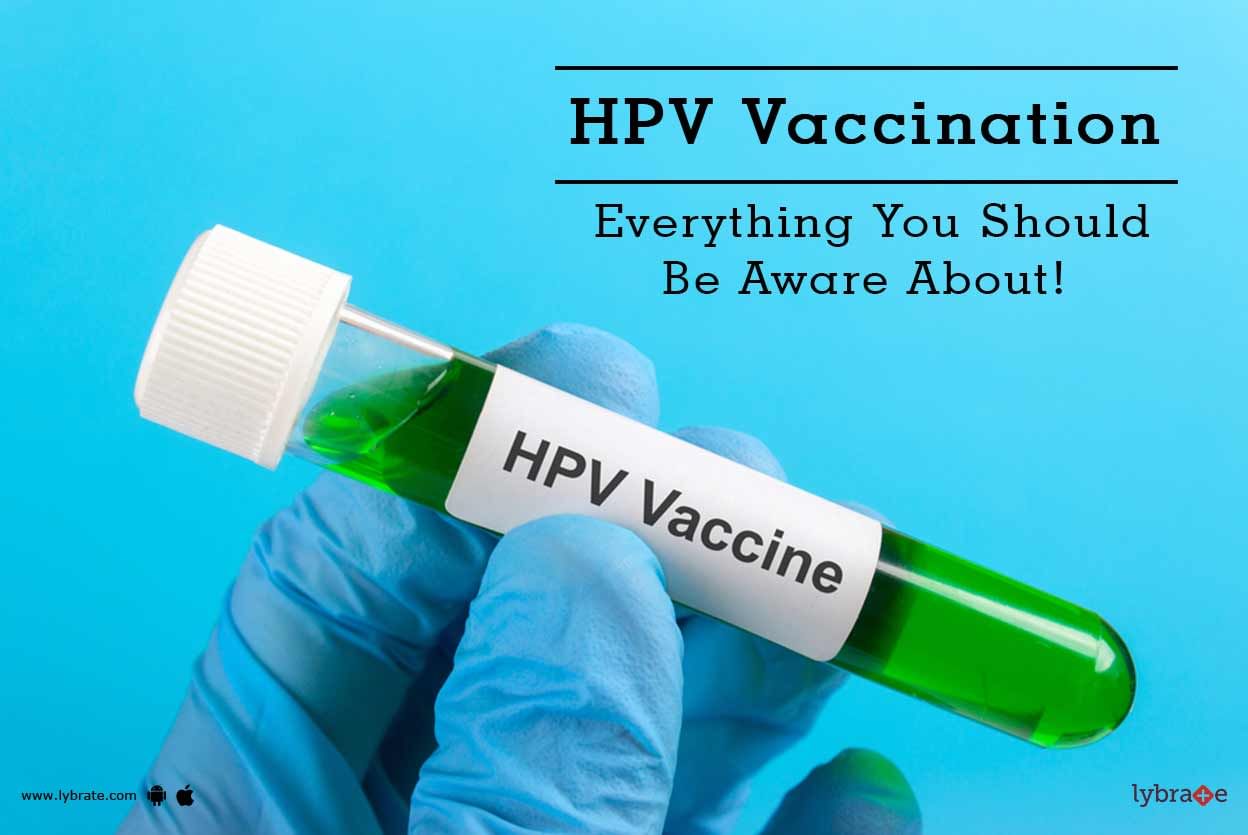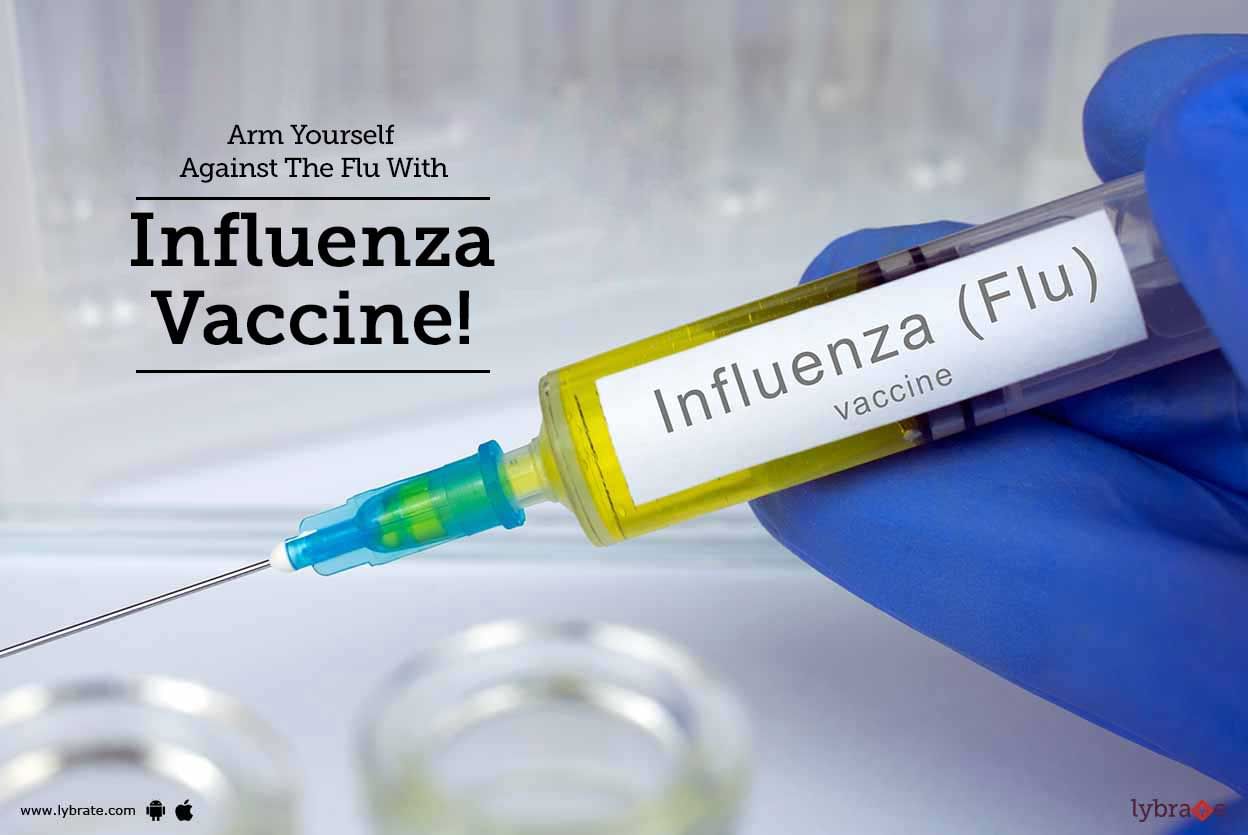Get the App
For Doctors
Login/Sign-up
Health Feed
AllQ&AsTipsQuizzes
Meningitis Act Injection Health Feed
Asked for Male, 31 years old from Jaipur
Share
Bookmark
Report
Is meningococcal vaccination is necessary for baby? And if yes, then at what age? Please suggest me.
These boosters are recommended five years after the first meningitis vaccination and then every five years thereafter if vaccinated after age 7. If vaccinated between ages 2 and 7, the first booster should be given three years after the initial vaccine and then every five years.
11 people found this helpful
Last Updated: 6 years ago• Featured Tip
Share
Bookmark
Report
Vaccines are not just for kids; the human body can be vulnerable to viruses during any time period of life. It is important for an adult to get vaccinated regularly, else there are always chances that some virus or infection may attack you in a severe way.
Let's look at some of the vaccines adults should get for a healthy and ensured life:Pneumococcal Vaccine -
This vaccine protects the human body from diseases like Pneumonia and Meningitis.
Who should get this vaccine...more
Let's look at some of the vaccines adults should get for a healthy and ensured life:Pneumococcal Vaccine -
This vaccine protects the human body from diseases like Pneumonia and Meningitis.
Who should get this vaccine...more
Health Query
Share
Bookmark
Report
Asked for male, 27 years old from Mumbai
Share
Bookmark
Report
Asked for female, 2 years old from Delhi
Share
Bookmark
Report
General Physician•Ooty
There are 2 doses for the meningococcal vaccine. First can be given after the age of 2 and followed by the booster dose after a month or two.
Last Updated: 7 years ago• Featured Tip
Share
Bookmark
Report
Human Papillomavirus (HPV) is one the most common sexually transmitted virus and an HPV vaccination protect you against this virus. It is estimated that HP infects at least 50% of the population during their sexually active phase. Although the virus is not a deadly type of a virus asit goes away on its own, in some cases, it can lead to anal, throat cancers and genital warts as well.
The common vaccine
Gardasil is the common form of HPV vaccine that is routinely given for such condi...more
The common vaccine
Gardasil is the common form of HPV vaccine that is routinely given for such condi...more
Last Updated: 6 years ago• Featured Tip
Share
Bookmark
Report
Human Papillomavirus (HPV) is a group of 200 viruses. 40 of these are transmitted through direct sexual contact. The infections from papillomavirus can cause penile cancer and anal cancer in men. It can cause genital warts, cervical cancer, anal cancer, oropharyngeal cancer, vulval cancer, and vaginal cancer in women. The Human Papillomavirus is used to prevent such diseases.
Transmission and infection from HPV
The symptoms of the HPV infection usually develop years after the f...more
Transmission and infection from HPV
The symptoms of the HPV infection usually develop years after the f...more
Last Updated: 5 years ago• Featured Tip
Share
Bookmark
Report
Cervical cancer is one of the major health concern in India. To curb this up, cervical cancer screening is done in reproduction age group patients to diagnose it. It is a one-minute painless opd procedure in which secretion around the cervix is taken for testing. It is called a pap smear test. Another more specific test is liquid-based cytology (LBC) which is also done in a similar way. The report comes within 2 days. Cervical cancer vaccine comes in the form of injections. Total 3 doses of inje...more
Asked for male, 3 years old from Bhopal
Share
Bookmark
Report
Hello,
Malaria is an acute febrile illness. In a non-immune individual, symptoms appear 7 days or more (usually 10–15 days) after the infective mosquito bite. The first symptoms – fever, headache, chills and vomiting – may be mild and difficult to recognize as malaria. If not treated within 24 hours, P. Falciparum malaria can progress to severe illness, often leading to death.
Children with severe malaria frequently develop 1 or more of the following symptoms: severe anaemia, respiratory...more
Malaria is an acute febrile illness. In a non-immune individual, symptoms appear 7 days or more (usually 10–15 days) after the infective mosquito bite. The first symptoms – fever, headache, chills and vomiting – may be mild and difficult to recognize as malaria. If not treated within 24 hours, P. Falciparum malaria can progress to severe illness, often leading to death.
Children with severe malaria frequently develop 1 or more of the following symptoms: severe anaemia, respiratory...more
141 people found this helpful
Last Updated: 6 years ago• Featured Tip
Share
Bookmark
Report
A common disease that can spread easily is Influenza. Commonly known as flu, the infection of influenza can adversely affect people in various ways.
However, with an annual shot of influenza vaccine, you can stay immune to the infection, and the more the number of people getting vaccinated, the lesser the number of contagious infections.
How does the influenza vaccine work?
Influenza vaccine leads to the production of antibodies in the body within two weeks after taking the...more
However, with an annual shot of influenza vaccine, you can stay immune to the infection, and the more the number of people getting vaccinated, the lesser the number of contagious infections.
How does the influenza vaccine work?
Influenza vaccine leads to the production of antibodies in the body within two weeks after taking the...more
Ask a free question
Get FREE multiple opinions from Doctors
posted anonymously


